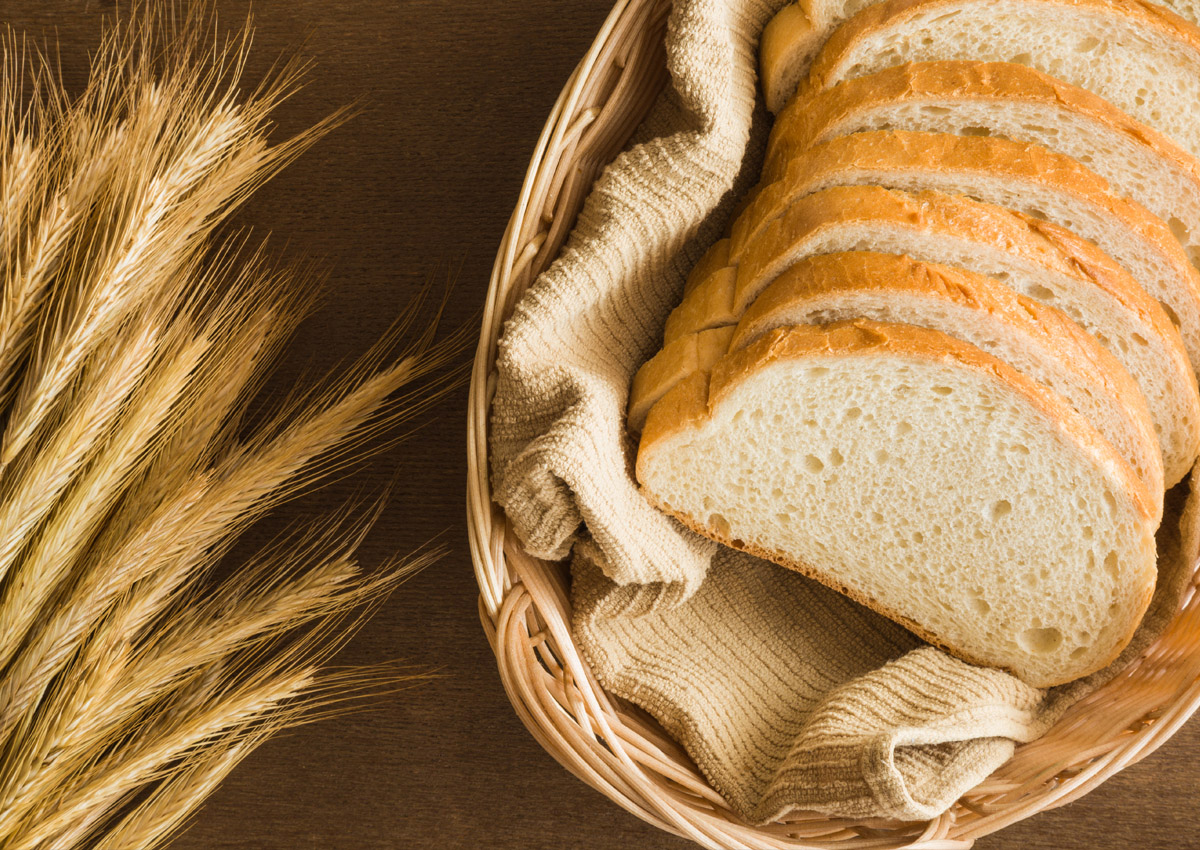
Rothamsted Research Study Shows White Flour is Healthiest It's Been in 200 Years
April 8, 2020| |
A study conducted at Rothamsted Research comparing historic and modern wheat varieties has shown an increase in dietary fiber and other features beneficial to human health. This is contrary to concerns that wheat varieties developed for higher yields are "less healthy" than older types. The research team planted 39 wheat varieties, spanning 230 years, for three years at Rothamsted Research in Hertfordshire.
For analysis, the 39 wheat varieties were split into three groups – nine which were bred in the years 1790-1916, before an understanding of genetics had been developed; 13 varieties came from 1935-1972, recognized as a period of increasing scientific understanding; and 17 cultivars that were bred using modern breeding techniques between the years 1980 and 2012.
Lead author Dr. Alison Lovegrove said that there is no evidence that the health benefits of white flour from wheat has declined over the past 200 years. She added that they found increasing trends in several components, particularly dietary fiber, despite significant increases in yields of wheat. The team milled grain into white flour and found that the content of dietary fiber has increased steadily over the past two centuries, with modern varieties containing, on average, about a third higher concentration of the major fiber component, the cell wall polysaccharide, arabinoxylan.
The team also found that the concentration of betaine, which is beneficial for cardiovascular health, has increased, while levels of asparagine - which can be converted to the potentially cancer-causing chemical acrylamide when bread is baked - have decreased. However, the amount of certain sugars, such as sucrose, maltose, and fructose, also increased over this period.
For more details, read the news article in Rothamsted Research News.
| |
You might also like:
- Australian Scientists Develop New Method to Produce Drought-Resilient Wheat Quickly, Cheaply, and Accurately
- Chinese Scientists' Genome-Edited Wheat to Help Control Weeds
- Study Shows Drought Tolerant HB4 Wheat Compositionally Equivalent to Non-GM Wheat
Biotech Updates is a weekly newsletter of ISAAA, a not-for-profit organization. It is distributed for free to over 22,000 subscribers worldwide to inform them about the key developments in biosciences, especially in biotechnology. Your support will help us in our mission to feed the world with knowledge. You can help by donating as little as $10.
-
See more articles:
-
News from Around the World
- Continuous Adoption of GE Crops Confirms Coexistence is Attainable
- Science Media Centre Malaysia Launched
- Indian Experts Develop Nutritious Drought Tolerant Chickpea
- Rothamsted Research Study Shows White Flour is Healthiest It's Been in 200 Years
-
Research Highlights
- Study Identifies New Mechanism for Temperature Sensing in Plants
-
Plant
- CRISPR-Cas9 Used to Transform Normal Maize to Waxy Version
- Scientists Determine Successful, Cost-Efficient Biofuel Production
- Gene Editing of Three BnITPK Genes in Oilseed Rape Reduces Phytic Acid in Seeds
-
Health
- Researchers Turn to Cell-free Biotechnology to Accelerate COVID-19 Therapeutics
- Native Australian Plant Paves Way for Vaccine Development Against COVID-19
-
Read the latest: - Biotech Updates (February 18, 2026)
- Gene Editing Supplement (January 28, 2026)
- Gene Drive Supplement (February 22, 2023)
-
Subscribe to BU: - Share
- Tweet

